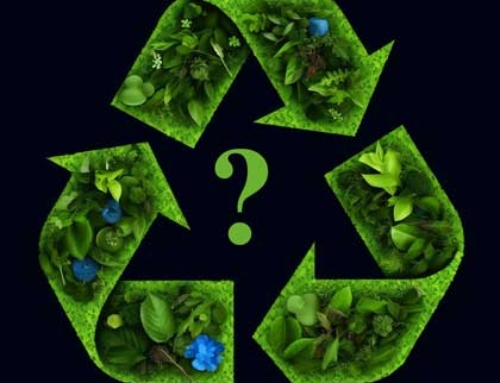Greenwashing is a term that refers to the practice of making misleading or false claims about the environmental or social impacts of a product or service.
In recent years, the jewelry industry has been making strides towards becoming more environmentally friendly and socially responsible.
One of the ways in which this allegedly has been achieved is through the production of lab-grown diamonds. Lab diamonds are a popular alternative to traditional mined diamonds, as they are often marketed as being more ethical, sustainable, and environmentally friendly.
However, it is important to be aware of greenwashing in the lab diamond industry, as companies may make false or exaggerated claims about the sustainability and ethical sourcing of their products.
It is a tactic that is commonly used by companies to appeal to consumers who are increasingly concerned about the sustainability and ethical impact of their purchasing decisions. Greenwashing can take many forms, from vague or misleading language to outright lies about a product’s sustainability or ethical credentials.
In the lab diamond industry, greenwashing can occur when companies make exaggerated or false claims about the environmental and social impact of their products.
For example, a company may claim that their lab-grown diamonds are “100% eco-friendly” or “completely sustainable,” without providing any evidence to support these claims. In reality, the production of lab diamonds requires significant energy inputs, and there are still concerns about the environmental impact of the processes used to create them.
One of the most common claims made by companies in the lab diamond industry is that their products are more ethical than traditional mined diamonds. While it is true that lab diamonds in theory might not have the same issues around potential human rights abuses and possible worker exploitation as mined diamonds, there are still lots of concerns about the working conditions of those who produce lab-grown diamonds. Many of the workers involved in the production of lab diamonds are located in countries with lax labor laws, and there are concerns about low wages and poor working conditions.
Another area where greenwashing can occur in the lab diamond industry is around claims of transparency. Many companies claim to be transparent about their production processes and ethical sourcing practices, but in reality, it can be difficult to verify these claims. For example, a company may claim to be transparent about the origin of their diamonds, but in reality, they may be purchasing them from a variety of different sources, some of which may be less than ethical.
A typical example of alleged greenwashing in the lab diamond industry is the use of the term “carbon neutral” to describe lab-grown diamonds. While it is true that the production of lab diamonds often emits less carbon dioxide than traditional diamond mining, there are still significant energy inputs required to produce them. In addition, many companies do not provide any evidence to support their claims of carbon neutrality, and it can be difficult for consumers to verify these claims.
Another area where greenwashing can occur in the lab diamond industry is around claims of sustainability. For example, the production of lab diamonds requires large amounts of electricity, which is often generated from non-renewable sources. In addition, the chemicals used in the production process can be harmful to the environment if not properly managed.
In conclusion, greenwashing is a significant problem in the lab diamond industry, and consumers need to be aware of the potential for misleading or false claims about the sustainability and ethical sourcing of lab-grown diamonds.
While lab diamonds do have some advantages over traditional mined diamonds, such as a reduced risk of human rights abuses and worker exploitation, consumers should be cautious about claims of environmental sustainability and ethical sourcing. By doing their research and asking tough questions about the production processes and ethical practices of the companies they buy from, consumers can help to hold companies accountable for their claims, and can contribute to a more sustainable world and less greenwashing.






